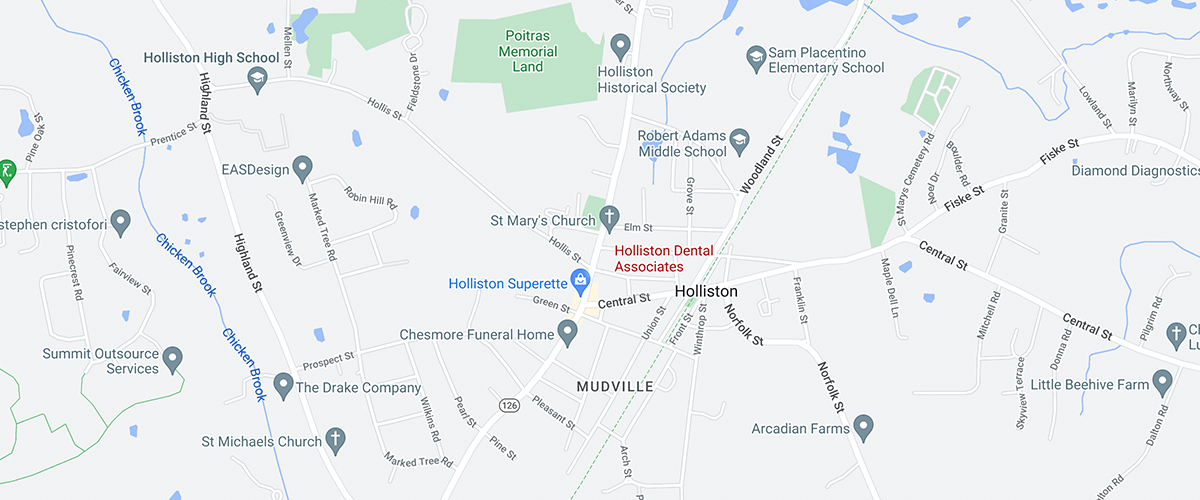Chipped Your Tooth? Now What?
February 24th, 2021

Accidents happen. Next time you’ll wear your mouthguard when you skateboard, never use your teeth to open anything, and carefully step away from your grandmother’s hard candy dish. But what to do now for your chipped tooth?
First of all, call Holliston Dental Associates. Dr. Edmond Massabni and our team can offer tips on dealing with any pain and how to avoid injuring your tooth further. Make an appointment to see us as soon as possible, where one of the following options might be the best treatment for you:
- Bonding
If the chip is small, you might be a good candidate for bonding. A tooth-colored resin is applied to the damaged area with adhesive, molded to shape, and then hardened with a curing light. It is then polished and, if necessary, further shaped to match your surrounding teeth.
- Porcelain Veneer
A veneer is a thin shell of porcelain individually molded for your tooth. If the chip is too large for bonding, or if you would like a more translucent finish, a veneer might be appropriate. During your first appointment, some of the tooth structure will be gently removed to accommodate the size of the veneer. A mold will be taken and sent to a lab for the creation of the veneer, which will be bonded to your tooth on a later visit. Whether a veneer will be successful depends on several variables, such as the condition of the tooth and enamel, your bite, and whether you grind your teeth. We will take all these factors into consideration in discussing possible treatments.
- Crown
A large chip or pain when eating or drinking might mean that you need a crown. This “cap” will protect your tooth from the pressures of chewing as well as restoring its appearance. On your first visit, some of the tooth structure will probably be removed to make room for the crown, impressions will be taken for the dental lab to make a permanent crown, and a temporary model will be fitted to your tooth. In a following visit the permanent crown will be adhered to your tooth.
If the crack has extended to the pulp of the tooth, you might need a root canal. If this is necessary, we will discuss the procedure during our exam.
No matter the size of the chip, it is important to contact our Holliston, MA office immediately to help avoid infection and prevent further damage. If your tooth is broken below the gumline or otherwise seriously compromised, more intensive care will be necessary. But when a minor accident happens, prompt treatment can quickly restore your smile to health.



